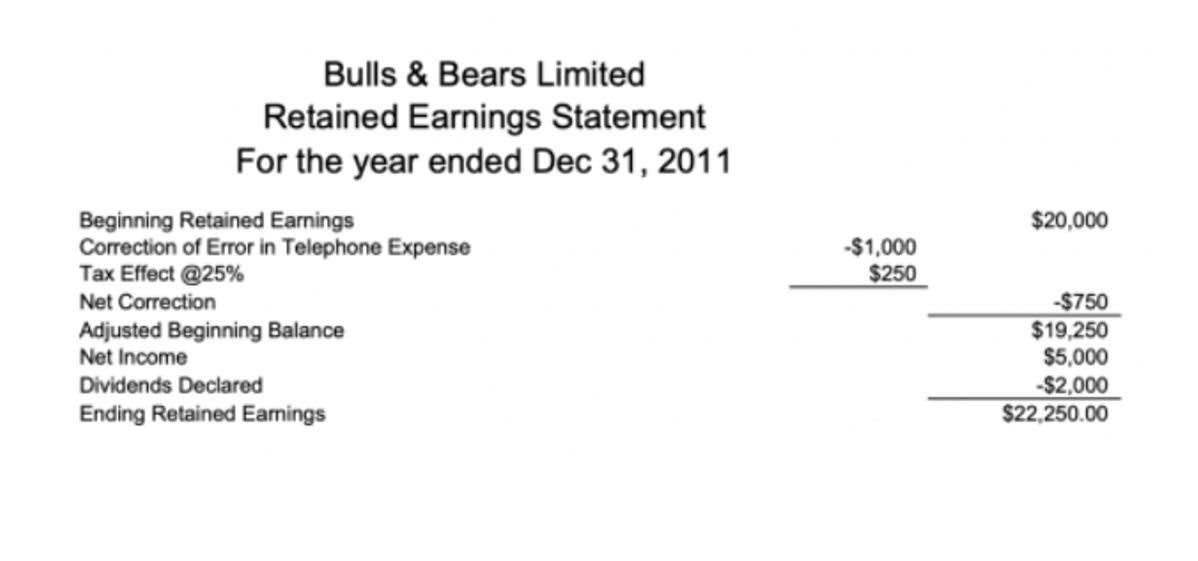
This will help them to know if costs are increasing or decreasing over a period of time. Likewise, the per-unit variable costs decrease with the decrease in the level of output. Thus, you can calculate the total variable cost of your business operations. This is one by multiplying the quantity of output with variable cost-per-unit of output. It is noteworthy that the same category of an operating expense can be either a fixed cost or a variable cost, depending on the situation.
Let’s take our first example above of a fully leased ten-story office building, and say that one of the other whole-floor tenants decides to provide its own janitorial services. This means that the landlord will provide janitorial services to only nine floors at a total cost of $9,000. However, if subparagraph (b) is applied, then the $9,000 amount is grossed up to $10,000, the tenant’s pro rata share is applied to that number and the tenant will pay its fair share of $1,000. Therefore, although perhaps not apparent on an initial reading, both of these subparagraphs actually produce equitable results to both the landlord and the tenant. You may not fully understand this provision, or you may say to yourself, “Wait a minute, that doesn’t seem fair. If the building is not fully leased, or if another tenant provides its own services, why should my operating expenses increase?
How do Operating Costs Affect Profit?
This feature helps businesses stay on top of their operating expenses, monitor their cash flow, and identify areas where they can reduce costs. It can also automatically organize categories such as office expenses, travel expenses, and equipment expenses. Our expenses tracking feature helps you save time and reduces the risk of errors. Operating expenses are expenses a business incurs to keep running, such as wages and supplies.
You can also think of operating costs as the day-to-day expenses of running a business. Operating costs are different from fixed costs because they change with the level of activity in your industry. For example, if you have a restaurant and the number of customers you serve increases, your food costs will increase because you’ll need to buy more food.
Tax Considerations of Operating Expenses
Outsourcing can save a company money by negating the need for investment in resources or staffing for these tasks. It also allows the business to focus its resources (including time and manpower) on its core competencies, thus potentially improving overall performance and profitability. However, businesses must be careful to maintain control and oversight of outsourced processes to ensure quality and efficacy. When operating costs run high, it tends to affect the sustainability of a business. High costs can squeeze profit margins and make a business less competitive in the long run. Therefore, managing these costs effectively often equates to enhancing the business’s sustainability.

Be aware that the ideal OER may vary depending on the industry and the size of the company. This can include anything from salary and wages, commissions, pension plan contributions, and benefits. Hiring a freelancer, needing a plumber for broken pipes, or getting a Certified Public Accountant (CPA) to sort out the books are some common examples. This might mean streamlining communication, minimizing delays, reducing errors, or automating tasks. While the implementation of process improvement can initially be costly or time-consuming, the long-term savings in increased efficiency and reduced waste can greatly outweigh the investment. Others may renegotiate with suppliers for lower prices, or seek alternatives that provide similar quality at a reduced cost.
The Most Common Variable Costs
Some companies also include the costs of goods sold (COGS) as an operating expense. For example, direct labor or rent for production facilities may be classified as different types of operating expenses. Wages can be fixed or variable, depending on whether the employee is paid hourly or receives a full-time salary. If the employee is salaried, variable operating expenses their pay will be considered a fixed operating expense because it’s consistent. Hourly salaries, on the other hand, are a variable expense because they fluctuate based on the number of hours worked. Correctly drafted, a gross up provision relates only to Operating Expenses that “vary with occupancy”–so called “variable” expenses.
Ramp’s expense management software can help you manage and cut down on your operating costs. We pair with leading accounting solutions to help you control unnecessary spending and take control of your business’s cash flow. Successful operating expense management spells the difference between operating within your means and uncontrolled spending.
